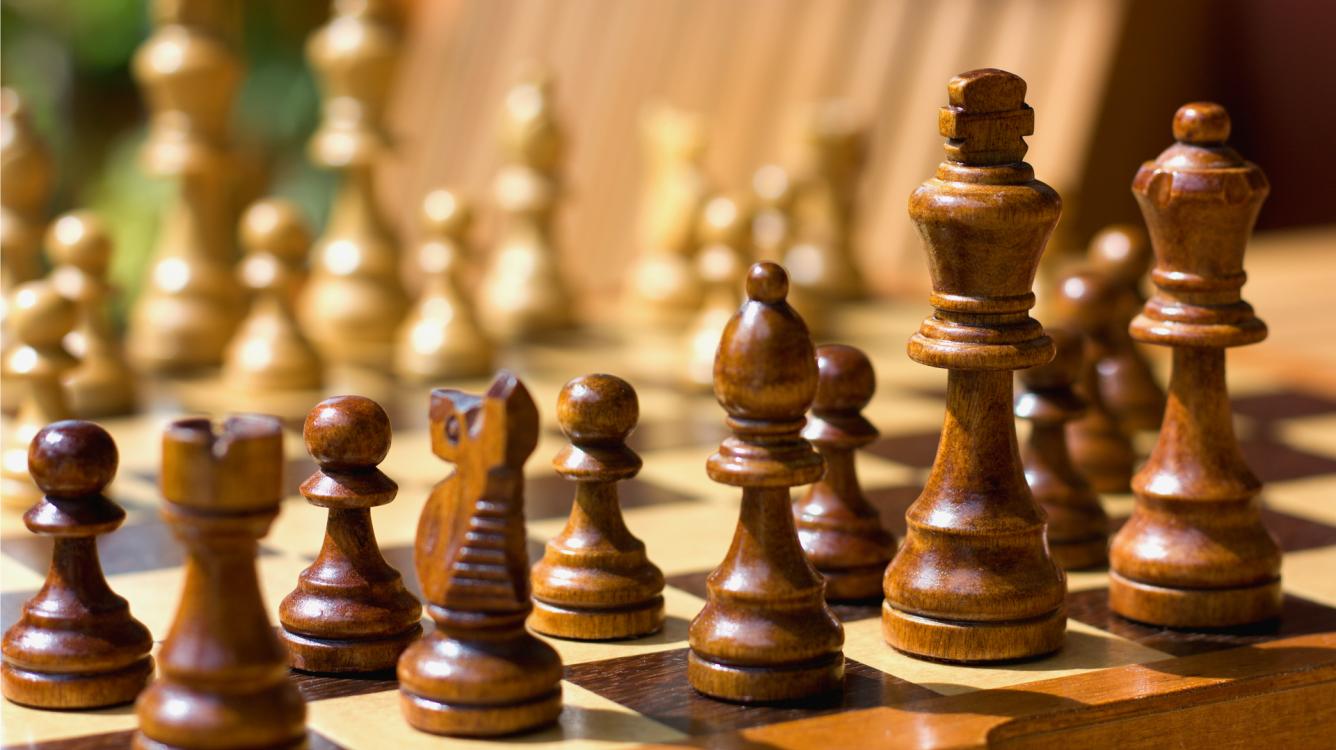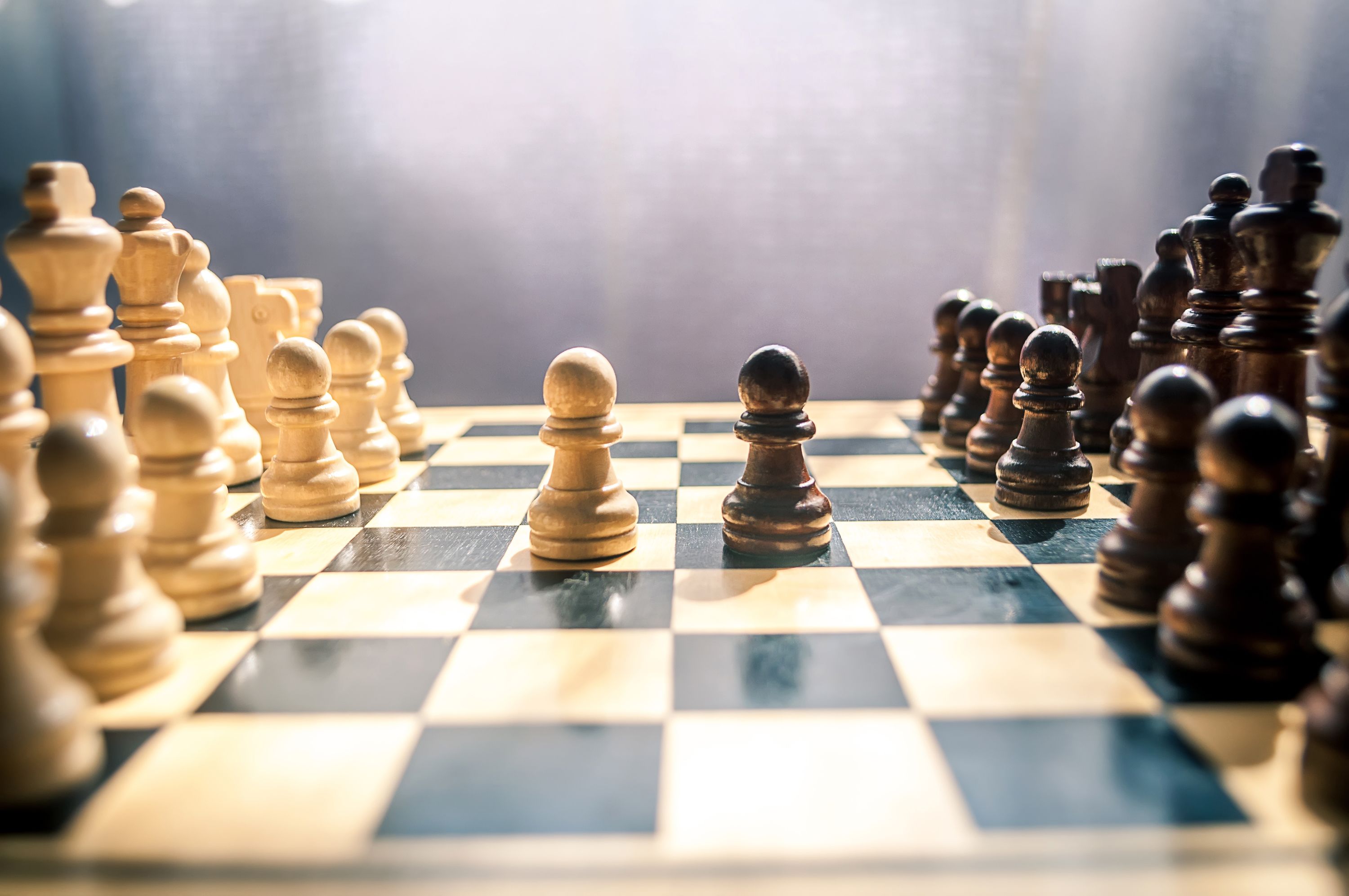How Chess Legends Like Kasparov and Fischer Inspired Generations
Why You Have To Play Chess: The Benefits of Participating In This Timeless Intellectual Obstacle
Chess is greater than an easy video game; it acts as an extensive mental exercise that sharpens numerous cognitive skills. Players participate in calculated thinking and develop analytic capacities, which can have long-term advantages in daily life. The self-control needed for enhancement promotes patience and resilience. The true significance of chess exists not just in its intellectual demands yet in the links it promotes within a community. Discovering these measurements reveals much concerning why chess remains ageless.
Enhancing Cognitive Skills
Playing chess substantially enhances cognitive abilities, making it an important activity for individuals of all ages. The game needs tactical thinking and foresight, calling for players to expect their challenger's moves while formulating a winning method. This psychological workout hones focus and concentration, essential components of cognitive feature.

Chess motivates creativity, prompting gamers to check out ingenious tactics and non-traditional strategies to the game. As they navigate the chessboard, individuals develop perseverance and resilience, vital features for cognitive growth. Overall, the complex cognitive benefits of chess make it an enriching search, advertising long-lasting imagination and intellectual engagement.
Increasing Problem-Solving Abilities
Numerous research studies have revealed that involving in chess can significantly enhance analytical capacities. The video game needs players to analyze intricate placements and prepare for the opponent's relocations, fostering essential assuming skills. As they navigate various circumstances, chess players create the capacity to review multiple end results and make calculated choices under stress. This procedure enhances their capability to approach real-life issues with an organized mindset.
In addition, chess advertises the identification of patterns and the application of rational reasoning, abilities that are important in effective analytical. Gamers find out to analyze risks and incentives, refining their judgment in unclear circumstances. The recurring nature of chess play enhances these skills, allowing people to move their enhanced problem-solving capabilities to academic and professional contexts. Eventually, chess acts as an important tool for any person looking for to hone their logical abilities and boost their total cognitive functioning in difficult situations.
Cultivating Persistence and Self-control
While involving in chess can be an interesting experience, it likewise needs a substantial level of patience and self-control. Players have to discover to meticulously think about each action, weighing possible end results and approaches. This thoughtful strategy fosters a state of mind that values long-term success over immediate gratification. In chess, hasty decisions usually lead to unfavorable effects, strengthening the significance of taking one's time to assess the board and expect an opponent's reactions.

Self-control is additional grown via consistent technique and study. Gamers typically dedicate hours to improving their skills, researching strategies, and reviewing previous games. This dedication to grasping the video game instills a sense of duty and determination, important traits that extend beyond the chessboard. Inevitably, the combination of perseverance and technique not only enhances a player's chess abilities yet likewise adds to personal development, equipping individuals with important tools for steering challenges in various facets of life.
Promoting Creative Thinking and Imagination

Strategizing steps includes not simply reasoning but likewise the capability to expect an opponent's actions, urging gamers to imagine multiple paths and alternatives. As gamers trying out various strategies, they learn to introduce and adapt, improving their creative problem-solving abilities.
The video game's complexity invites gamers to explore unusual ideas and methods, leading to personal designs of play - Chess. This expedition nurtures a sense of artistic expression, as each gamer crafts their own method to obstacles on the board. Inevitably, chess becomes a canvas for creativity, permitting people to express their unique perspectives while creating their creative capacities
Building Social Connections and Community
Playing chess offers opportunities for people to network through competitions and regional chess clubs. These settings promote connections amongst gamers, creating a feeling of neighborhood focused around a shared interest. Participating in these tasks not only boosts abilities yet additionally develops enduring relationships.
Networking With Tournaments
When individuals participate in chess tournaments, they commonly find themselves involved in a vibrant community of similar individuals. These events give an excellent system for players to forge connections, share methods, and celebrate their passion for the video game. Participating in pleasant competition fosters camaraderie, as players from diverse backgrounds come with each other to challenge each other. Networking possibilities abound, with many participants forming lasting relationships that expand beyond the chessboard. Furthermore, these tournaments often bring in enrollers and chess fanatics, additionally improving the capacity for professional links. As players participate in conversations about techniques and experiences, they develop a network that can result in future collaborations and opportunities within the chess globe and past.
Local Chess Clubs

Offering an Enjoyable and Engaging Challenge
Chess uses a distinctly stimulating experience that mesmerizes players of any ages, as it combines tactical reasoning with the adventure of competitors. This timeless video game provides a compelling obstacle, urging individuals to believe seriously and artistically. Each suit unravels as a battle of wits, where players need to expect their opponent's moves while designing their own techniques.
The intellectual engagement chess gives is matched by its capability to captivate. Gamers typically find themselves submersed in the game, misplacing time as they navigate intricate settings and tactical problems (Chess). This enhanced focus promotes a feeling of achievement, especially when a hard move results in success
Chess promotes social interaction, permitting gamers to bond over common experiences and obstacles. The video game's unlimited variants ensure that no 2 sessions are alike, keeping individuals enthusiastic to improve their skills and techniques. This dynamic blend of challenge and pleasure makes chess an alluring quest.
Frequently Asked Questions
Can Chess Be Played Online or personally?
Chess can be played both online and personally. On the internet platforms use gamers the ease of completing versus challengers worldwide, while in-person games promote social interaction and physical existence, enriching the total experience.
What Age Is Best to Begin Knowing Chess?
Professionals suggest that children can begin discovering chess as very early as age 5 or 6. At this age, they can realize fundamental concepts, improving cognitive skills while fostering a love for the game that lasts a life time.
Exist Chess Tournaments for Beginners?
Yes, there are chess events specifically designed for novices. These occasions give a helpful setting for beginner gamers to gain experience, boost their abilities, and enjoy the affordable spirit of chess without encountering sophisticated challengers.
For how long Does It Take to End Up Being Efficient at Chess?
Coming to be efficient at chess normally needs consistent technique over numerous months to years. Aspects such as specific commitment, prior experience, and you can try here research of methods greatly affect the moment needed to reach a proficient level.
What Resources Are Offered for Learning Chess Methods?
Numerous sources exist for discovering chess strategies, consisting of online tutorials, publications by distinguished writers, chess apps, and interactive sites. Numerous gamers likewise take advantage of joining regional clubs or taking part in on the internet discussion forums for real-time insights.